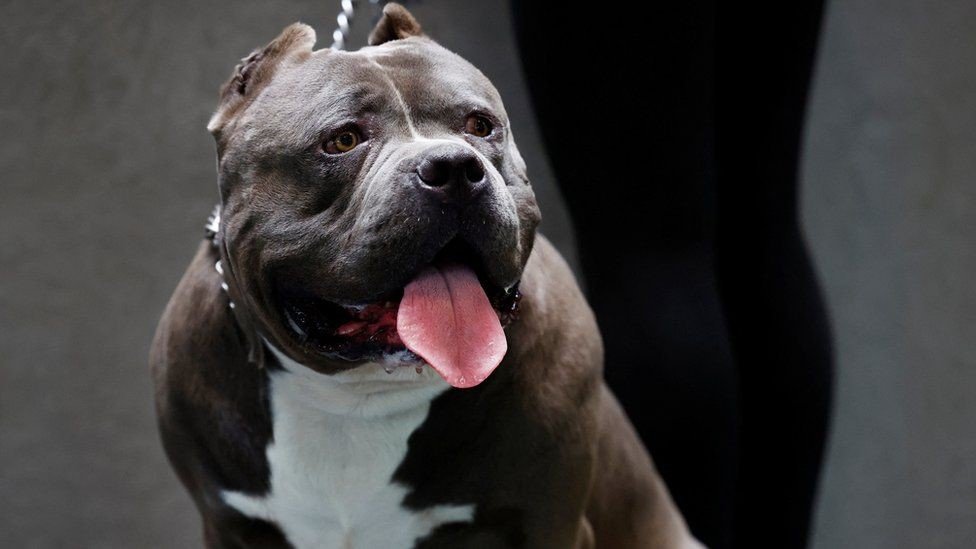How to Improve Your Dog's Gut Health Naturally: A Complete Guide
A healthy gut is essential for your dog's overall well-being. Just like humans, dogs rely on a balanced gut microbiome for proper digestion, nutrient absorption, and immune function. In this article, we will explore natural ways to boost your canine companion's gut health, ensuring they lead a happy and healthy life.
Understanding Canine Gut Health
Your dog's digestive system is home to trillions of microorganisms, collectively known as the gut microbiome. This complex ecosystem plays a crucial role in:
- Digesting food and absorbing nutrients
- Supporting the immune system
- Producing essential vitamins
- Protecting against harmful bacteria
When the gut microbiome is out of balance, it can lead to various health issues, including:
- Digestive problems (diarrhea, constipation, vomiting)
- Skin allergies and irritations
- Weakened immune system
- Behavioral changes
By focusing on improving your dog's gut health naturally, you can help prevent these issues and promote overall wellness.
Signs of Poor Gut Health in Dogs
Before diving into solutions, it is important to recognize the signs of poor gut health in dogs. Keep an eye out for:
- Frequent diarrhea or constipation
- Excessive gas or bloating
- Bad breath
- Sudden weight loss or gain
- Lethargy or decreased energy levels
- Skin problems or excessive itching
- Frequent ear infections
If you notice any of these symptoms persisting, consult with your veterinarian to rule out any underlying health conditions.
How to Improve Your Dog's Gut Health Naturally: 10 Ways

1. Provide a Balanced, Nutrient-Rich Diet
The foundation of good gut health starts with a balanced diet. Choose high-quality dog food that contains:
- Lean proteins (chicken, turkey, fish)
- Complex carbohydrates (sweet potatoes, brown rice)
- Healthy fats (omega-3 fatty acids)
- Fiber-rich vegetables (pumpkin, carrots, green beans)
Avoid foods with artificial preservatives, colors, and flavors, as these can disrupt the gut microbiome.
2. Incorporate Probiotics and Prebiotics
Probiotics are beneficial bacteria that support gut health, while prebiotics are fibers that feed these good bacteria. You can introduce these to your dog's diet through:
- Probiotic supplements specifically formulated for dogs
- Fermented foods like plain, unsweetened yogurt (in moderation)
- Prebiotic-rich foods such as bananas, apples, and oats
Always consult with your vet before adding supplements to your dog's diet.
3. Hydration is Key
Ensure your dog has access to fresh, clean water at all times. Proper hydration supports digestive health and helps flush out toxins. Consider adding a splash of low-sodium bone broth to their water for added nutrients and flavour.
4. Regular Exercise
Physical activity isn't just good for your dog's muscles and joints; it also promotes healthy digestion. Aim for daily walks, playtime, or other activities suitable for your dog's age and breed. Exercise helps stimulate bowel movements and reduces stress, which can positively impact gut health.
5. Minimize Stress

Chronic stress can negatively affect your dog's gut health. Create a calm environment and establish a consistent routine. Consider techniques like:
- Regular exercise and playtime
- Providing a safe, quiet space for relaxation
- Using pheromone diffusers or calming music
- Engaging in bonding activities like grooming or massage
6. Avoid Unnecessary Medications
While antibiotics are sometimes necessary, they can disrupt the gut microbiome. Only use medications when prescribed by your veterinarian, and consider adding probiotics during and after antibiotic treatment to help restore balance.
7. Try Natural Supplements
Certain natural supplements can support gut health:
- Slippery elm bark: Soothes the digestive tract
- Ginger: Aids digestion and reduces nausea
- Digestive enzymes: Help break down food more efficiently
Always consult with your vet before introducing new supplements.
8. Implement Food Rotation
Rotating your dog's protein sources and introducing a variety of vegetables can help diversify their gut microbiome. This practice also reduces the risk of developing food sensitivities. Introduce new foods gradually to avoid digestive upset.
9. Consider Raw or Home-Cooked Diets
Some pet owners opt for raw or home-cooked diets to have more control over their dog's nutrition. These diets can be beneficial when properly balanced, but it's crucial to work with a veterinary nutritionist to ensure all nutritional needs are met.
10. Regular Vet Check-ups

Schedule regular check-ups with your veterinarian to monitor your dog's overall health, including their digestive system. Your vet can provide personalized advice and catch any potential issues early.
The Impact of Gut Health on Overall Wellness
A healthy gut contributes to:
- Improved digestion and nutrient absorption
- Stronger immune system
- Better skin and coat condition
- Increased energy levels
- Improved mood and behavior
By focusing on your dog's gut health, you are investing in their overall quality of life.
FAQs
Q: How long does it take to see improvements in my dog's gut health?
A: While some changes may be noticeable within a few days, significant improvements typically take 4-6 weeks of consistent care.
Q: Can I give my dog human probiotics?
A: It is best to use probiotics specifically formulated for dogs, as their gut microbiome differs from humans.
Q: Are there any foods I should avoid to maintain my dog's gut health?
A: Avoid feeding your dog processed foods, artificial additives, and known allergens like wheat or dairy if your dog is sensitive.
Q: How often should I deworm my dog for optimal gut health?
A: Follow your veterinarian's recommendations, which typically suggest deworming every 3-6 months for adult dogs.
Q: Can stress really affect my dog's gut health?
A: Yes, chronic stress can disrupt the balance of gut bacteria and lead to digestive issues in dogs.
Conclusion
Improving your dog's gut health naturally is a holistic approach that can lead to significant improvements in their overall well-being. By focusing on a balanced diet, incorporating probiotics and prebiotics, ensuring proper hydration, and maintaining a healthy lifestyle, you can support your furry friend's digestive system and immune function.
Remember, every dog is unique, and what works for one may not work for another. Always consult with your veterinarian before making significant changes to your dog's diet or lifestyle. With patience and consistency, you can help your canine companion achieve optimal gut health and enjoy a happier, healthier life.
Join Petzooie today and explore expert tips, products advice to keep your furry friend happy and healthy. Start your pet's wellness journey now!



.jpg)



